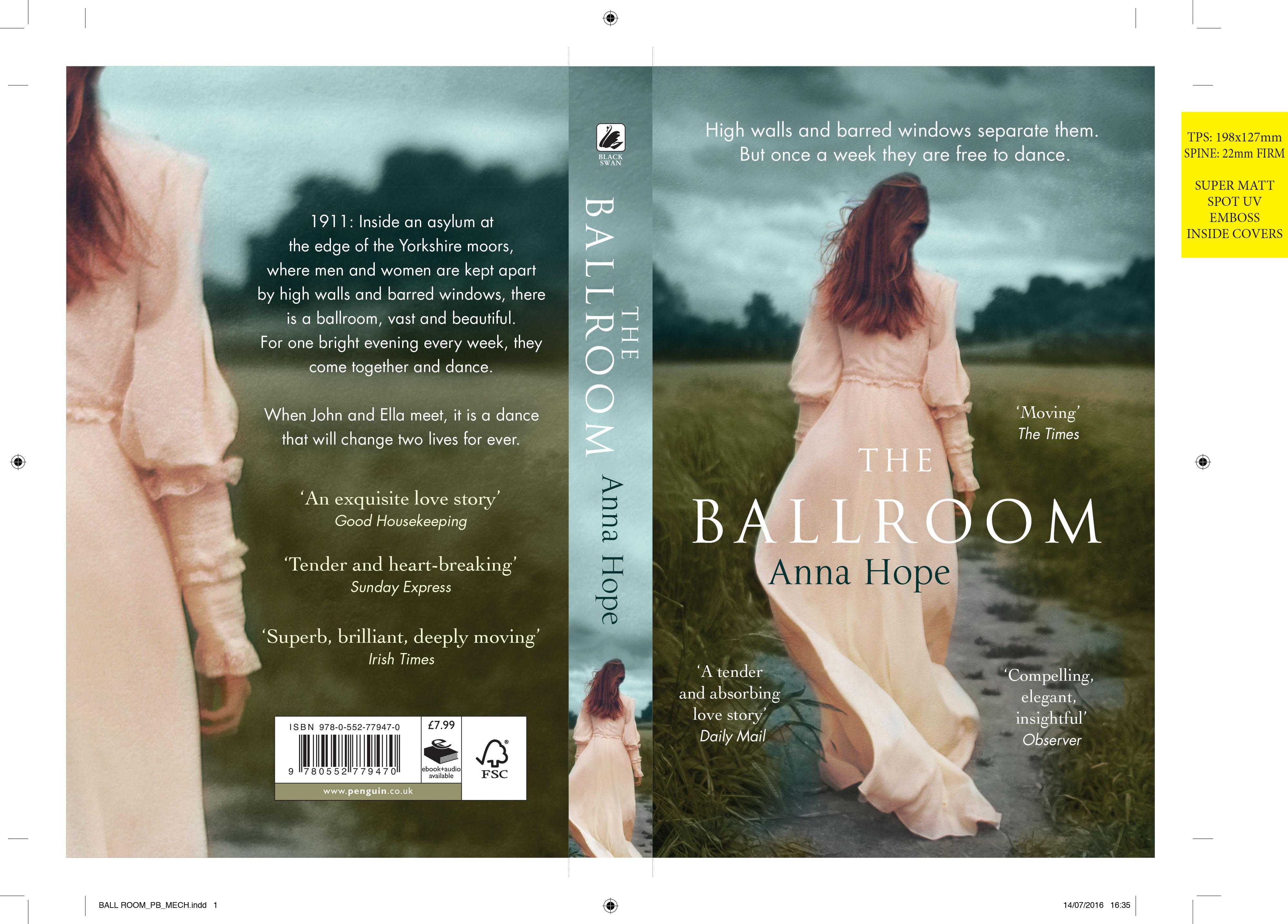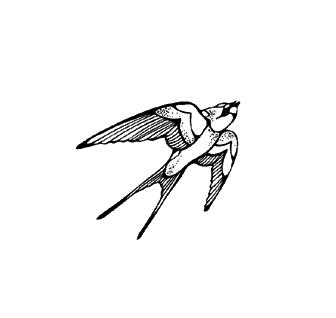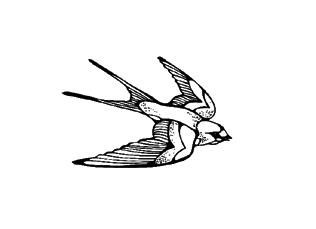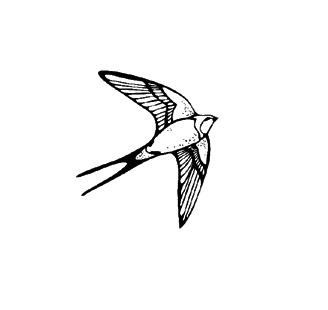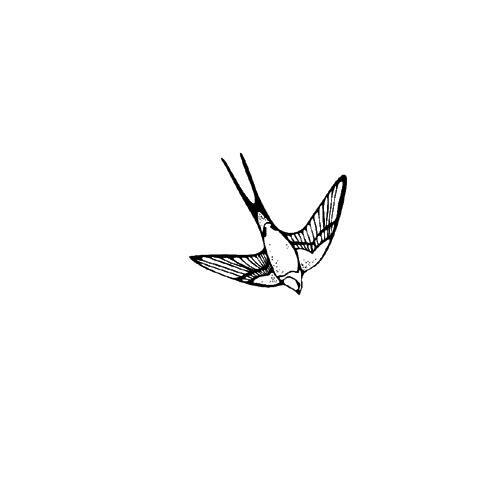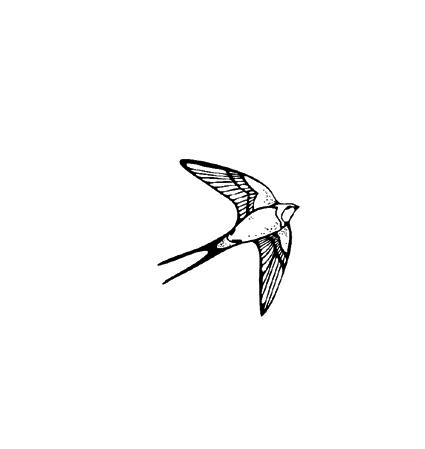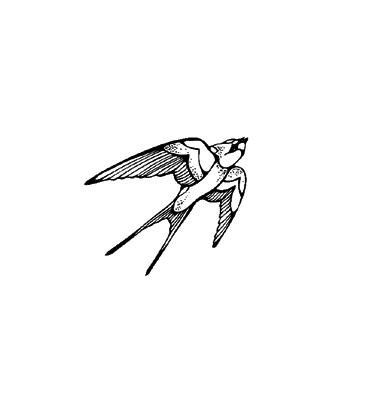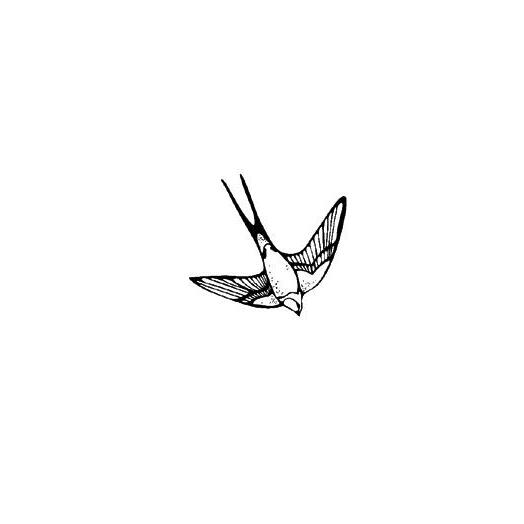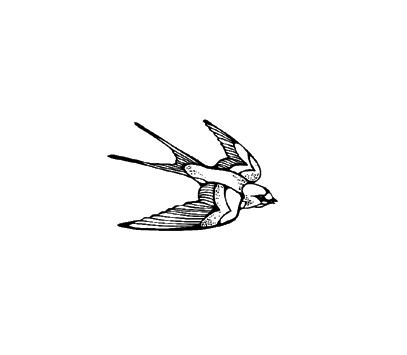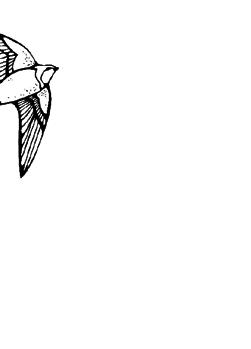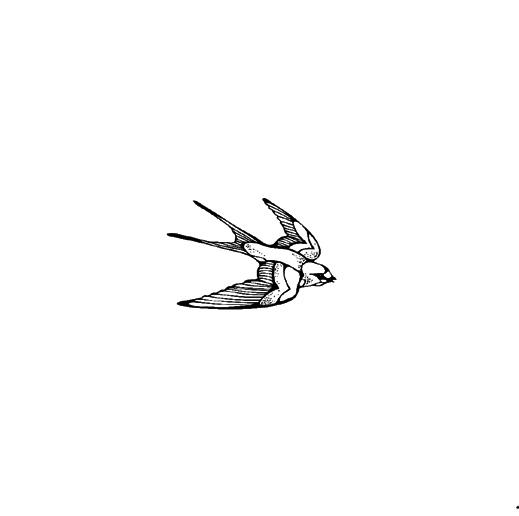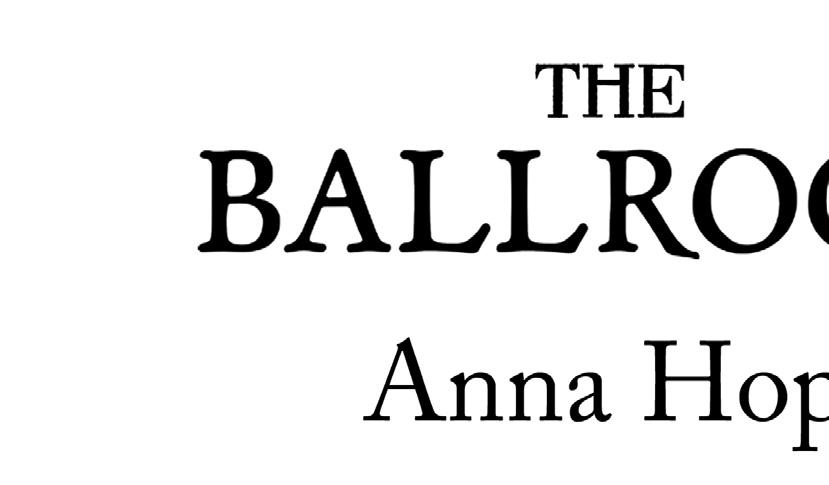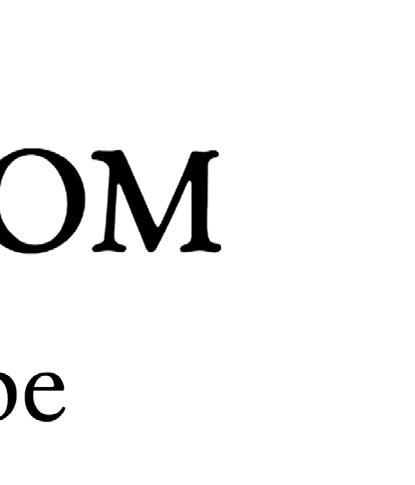Book
Ella
‘Are you going to behave?’ The man’s voice echoed. ‘Are you going to behave? ’
She made a noise. Could have been yes. Could have been no, but the blanket was pulled off her head and she gasped for air.
An arched hall stretched before her, lit with lamps. The thin hiss of gas. Plants everywhere, and the smell of carbolic soap. On the floor were tiles, reaching out in all directions, polished till they shone, some in the shapes of flowers, but the flowers were black. She knew then that this was no police station, and started shouting in fear, until a young woman in uniform appeared from the darkness and slapped her on the cheek. ‘There’ll be none of that in here.’
Irish. Ella whipped her head back, tears in her eyes though she wasn’t crying. She knew those Irish girls. There were plenty at the mill. They were mean as hell.
Another woman came, and they put their hands beneath her armpits and began pulling her towards two doors. Ella dragged her feet, but they slapped her till she walked for herself. Both of them had sets of keys at the waist. There must have been twenty, thirty keys there, clanging away. They pushed her through the doors, locked them behind her, and then they were standing at the top of a corridor so long the end was impossible to see.
‘Where am I?’
No reply. Only the wheeze of the gas and the corridor, stretching. They turned to the left with her, through
another set of doors, marching her between them, uniforms crackling as they walked. Everywhere the same hard smell of soap, and something else, something wrong underneath.
Then, a last door, and a large room, with a stink like a pigpen, where they dragged her to a narrow, metal-framed bed and shoved her down. ‘We’ll deal with you later.’
Other beds showed themselves in the greyish light, hundreds of them lying end to end. On each a person, but man or woman she couldn’t tell. Heavy furniture lined the walls, which were painted dark. She could see the large double doors she had come in from. Locked.
Was this prison then? Already?
She crouched at the top of the bed, breathing hard. Her cheek was throbbing. She lifted her fingers to it; it had split where the men had punched her earlier, and was pulpy and thick. She pulled the rough blanket up over her knees. Someone nearby was singing, the sort of song you’d sing to hush a baby to sleep. Someone else crying. Someone muttering to themselves.
A humming started up. It seemed to be coming from the next bed, but all Ella could see of the woman in there were her feet, soles like peeling yellow paper, until she sat up straight like a jack-in-the-box. She was old, but wore her hair in bunches like a little girl. Thin, tallacky flesh hung slack on her arms.
‘Will you come with me?’ the woman said.
Ella inched a little towards her. Perhaps she knew a way out. ‘Where to?’
‘Germany.’ The woman’s eyes were wet and gleaming. ‘We’ll dance there, we’ll sing.’ And she started up a wordless tune in a cracked childhood voice. Then, ‘At night,’ the woman said, in a loud whisper, ‘when I’m sleeping, me soul
comes out – creep creep creep like a little white creature.’ She pointed at Ella and smiled. ‘But you must let it be. It comes back in the morning, right enough.’
Ella brought her fists over her eyes, curling away from the woman into a small, tight ball. Someone was banging on the walls:
‘Homehomehomeiwantogohomehomehomeiwantogohome.’
She would have joined in. Except she didn’t know where that was.
She stayed awake through the night, but couldn’t have slept if she’d wanted to. Her cheek flamed, and as soon as one of the women stopped bleating another one started up, bawling, singing, chelping to themselves:
‘Andhewasthe ’
‘Wouldyoutaketheelectricity ’
‘Reek!reek! didmeagreatfrightand ’
‘But that’s it, where the spiritscomeintome ’
As the sky started to lighten, the chorus got louder, and Old Germany in the bed beside her was the loudest of the lot, a terrible songbird greeting the dawn. A bell clanged at the top of the room. But there was movement at least, something happening, Ella could see a woman at the far end, dressed in uniform like those who had brought her here last night, and she slipped out of her bed, walking fast down the middle of the room. ‘I’ve to speak to someone.’
‘What’s that?’ The woman was plump, her face thick with sleep.
‘Someone in charge.’
‘I’m in charge.’ The woman smoothed her uniform out over her belly. She lifted her watch, began to wind it up.
‘Where am I?’
‘You don’t know?’ The woman smiled at the round face of her watch as though the two of them were sharing a nice little joke. Another bell rang, louder, somewhere outside the room. The women began to swarm and press themselves into lines. Ella put her thumbs in her palms. For a moment she was back at work – seven in the morning and everyone rushing up the hill so as not to be late, not to have their pay docked – the metal-tasting panic in the mouth. Jim Christy, the pennyhoil man, standing at the gate, waiting to shut it in your face on the stroke of seven.
‘You should wait till you’ve eaten something.’
She turned to see a tall pale girl at her elbow.
‘Never fight on an empty stomach.’ The girl had a quick, easy smile. ‘Come on.’ She touched her on the arm. ‘I can show you the way.’
Ella shook her off. She didn’t need friends. Especially not in here.
She followed the crowd into a large, echoing room, where the women were taking seats on benches set before long wooden tables. One side of the room was all doors, and at each of the doors stood a woman with one of those sets of keys. The other side was all windows, but the panes were tiny, so even if you broke one you’d only get your wrist through.
‘Sit down.’ She was given a shove by a passing woman in uniform. A bowl clattered on to the table before her.
‘Porridge,’ said the pale girl, who was sitting on the other side of the table. ‘There’s milk. Here.’ She lifted a large pitcher and poured some for herself, then did the same for Ella. ‘The food’s not so bad.’
A young, dark-haired woman sitting beside Ella leant towards them. ‘It’s mice,’ she said, pointing towards the
porridge. ‘They put them through t’feeder.’ Her face was grey and sunken. She seemed to have no teeth.
Ella pushed her bowl away. Her stomach was cramping with hunger, but if she ate here, then it was inside her. It was real. And wherever this was, it wasn’t real.
‘You’ve hurt your cheek,’ said the pale girl.
‘I know.’
‘You should get it seen to.’ The girl tilted her head to one side. ‘I’m Clem,’ she said, and held out her hand.
Ella didn’t move.
‘Your eyes look bad too.’
‘They’re grand.’
‘They don’t look grand.’
‘Can I take yours?’ Mouse-woman’s breath was hot on Ella’s arm.
Ella nodded, and the woman curled the bowl towards her.
There must have been five hundred women in there, and it was noisier than the mill with all the machines going. An old lady on the other side of the table was crooning to a rolled-up shawl, rocking it in her arms, shushing it, reaching out with a finger and touching it. A uniformed woman walking up and down the lines stood over her and rapped her on the shoulder. ‘Give over with that rubbish and eat your food.’
The old lady shook her head. ‘Not till babby’s eaten first.’ She began to unbutton her dress.
‘There’s no baby,’ the other woman said, raising her voice. She grabbed the shawl and shook it out, holding up the holey piece of cloth. ‘See? There’s nothing.’
‘Babby! You’ve hurt my babby!’ the old lady screamed, and fell to her knees, scrabbling on the floor. The uniformed
woman hauled her up by her elbow. More women joined the commotion then, as though they’d all been given the signal to bawl. At the height of it, a bowl shattered on the floor.
‘What did you want to do that for?’ It was the same hardfaced woman from last night. The Irish one. Ella put her thumbs in her palms to grip them.
‘You want the tube?’ said the woman. ‘You want the tube again?’
Baby-woman was shaking her head from side to side and crying as she was dragged to her feet and pulled from the room.
Across the table, Clem was eating calmly. When she had finished, she put her spoon to the side of her bowl and folded her hands in her lap.
Ella leant forward. ‘Where did they take her? Where did they go?’
Clem’s gaze flicked up. ‘To the infirmary.’
‘Why?’
‘So they can feed her through a tube.’
‘Where am I?’
‘Sharston Asylum.’ Clem’s eyes were a still and steady blue. ‘Why, where did you think?’
Ella looked down at her hands, clasped into fists; she stretched her fingers on the table: eight of them, two thumbs. But they did not look like her own. She turned them palms up and stared. She wished for a mirror. Even that old piece of cracked rubbish they had at the end of the spinning sheds. The one they’d all elbow each other out of the way for on a Friday. Even that. Just to see she was still real.
She looked up. Doors. Nurses standing at each like
jailers, carrying one of those big rounds of keys.
Sharston Asylum.
She’d heard of it. Since she was small. If you ever did anything stupid: the asylum. For the lunatics. The paupers. They’ll send you to Sharston, and you’ll never come out.
She stood, grabbing one of the passing nurses by the hand. ‘Wait. There’s been a mistake!’
The woman shook her off. ‘Shut up and sit down.’
‘No! You don’t understand – there’s been a mistake. I’m not mad. I just broke a window. I’m not mad.’
‘Breakfast’s over now. Get back in line.’
A scraping of benches. The clatter as several hundred women stood, lining up by the door. More uniformed women appeared, a huddle in the doorway. One of them was older, wearing a smaller headdress and badge. She was looking over. Now she was crossing the room towards her. There had been a mistake. They knew it now. Relief made her shaky.
‘Ella Fay?’
‘Yes.’
‘I’m the matron here. You’re to come with me.’
Ella clambered out from the bench.
‘Good luck,’ said Clem.
Ella didn’t look back. She followed the woman, walking out into the corridor, and when the doors were locked behind her, her knees went, as though they had been kicked from behind. She put her hand against the wall to steady herself.
The matron clicked her tongue in the back of her throat. ‘Are you ready then? Come with me.’
‘Am I leaving now?’
The woman’s jaw twitched, as though a fly had just
landed there and she couldn’t brush it off. It didn’t matter. Soon she would be outside. There were two shillings sewn in the hem of her dress, and she would spend them this time. Do what she should have done yesterday. Take the train. Far away – to a place where the land stopped and gave way to the sea.
They marched through one set of doors – two, three, four. Every time they reached one, the silent nurse held Ella by the shoulders while the matron clanked around with her keys. They came to a lighter corridor and beyond it was the green of the entrance hall. She could see the plants, hundreds of them, and the thousand little tiles on the floor. She was marched past the front door into a stuffy room with a couple of chairs and a table and not much else.
The nurse shoved her into a seat, put down the papers she was carrying, and Ella was left alone. The windows had no bars in here. Through them was a wide gravel drive. The door opened, and a man entered. Humming. Fair hair. A long moustache, pointed at the ends, ears that stuck out and were pink at the tips. He eyed Ella briefly before coming to sit, and his eyes were blue and pale. He reached out and slid the papers towards him. He wrote something down and then read some more. He carried on humming as he read.
The man looked up. ‘My name is Dr Fuller.’ He spoke slowly, as though she might be deaf. ‘I am one of the assistant medical officers here. It is my job to admit you.’
‘Admit me?’
‘Yes.’ He sat back in his chair, fingers touching the edges of his moustache. They were sharp, as though you might prick yourself on them. ‘Do you know why you are here?’
‘Yes.’
‘Oh?’ He leant forward a little. ‘Go on.’
The words fell from her. ‘I broke a window. In the mill. Yesterday. I’m sorry. I’ll pay for it. But I’m not mad.’
The man’s eyes narrowed as he held her gaze. He gave a brief nod then looked back at his paper and wrote something down. ‘Name?’
She said nothing.
His tongue clicked against the roof of his mouth. ‘What is your name?’
‘Ella. Fay.’
‘Thank you. Occupation?’
‘I’m not mad.’
‘Occupation, Miss Fay.’
‘Spinner.’
‘And for how many years have you worked as a spinner?’
‘Since I was twelve.’
His pen scratched out over the paper. ‘And before that? Did you work as a child?’
‘Yes.’
He wrote it down. ‘Since what age?’
‘Since I was eight.’
‘And what did you do then?’
‘Doffer.’
‘And, remind me, that is . . . ?’
‘Doffing rolls of thread when they’re full. Tying up the ends and that.’
He nodded and wrote some more.
‘Are you married, Miss Fay?’
‘No.’
‘According to the papers I have here, you still live with your family, is that correct?’
‘My father. His family. Not mine.’
‘And what about your mother?’ ‘Dead.’
More writing, more scratch scratch scratch.
‘And what’s your father’s address?’
The room was quiet. Outside, clouds raced each other across the sky as though they had somewhere better to be. She saw the house she lived in. The house where she had grown up. That her mother had died in. A black house that was never safe. Her father, his new wife, their children. And her. Like one of those fents of cloth that were left over, that fitted nowhere, were just chucked and left to fray. ‘Fifty-three Victoria Street.’
The doctor nodded, wrote and then stood and crossed the room towards her. He took her wrist in his fingers and pressed lightly. With his other hand he took a pocket watch out and stared at it. ‘Tongue.’
‘What?’
‘Put out your tongue.’ He spoke sharply. He peered at it, then went back to the other side of the table and wrote some more. She watched the letters spooling from his pen, marching from left to right like a line of ants she saw once on a baking summer afternoon, crossing the path on Victoria Street. She had been small, sitting with her back on hot stone. Inside, she had heard the rasp of her father’s voice, then the thud of fist on flesh. Her mother crying, a low, animal sound. She had stared at the ants. They looked as if they knew just where they were going. She wondered what would happen if she followed them. Where she would end up.
‘It says here, Miss Fay, that yesterday morning you broke a window in the factory in which you are employed.’ The doctor was looking at her again, a keenness to him now.
‘That doesn’t make me mad.’
‘Do you deny you did this?’
‘I . . .’
How to explain? How to speak of what she had seen –of the women and the machines and the windows that blocked everything out. It had been so clear then but would muddy before this man, she knew.
She shook her head, muttering. ‘There was no damage. Only the glass, and I’ll pay for that. I’ve already said. I’ll find a way.’
He bent down and wrote in his book.
‘I’m not mad,’ she said, louder now. ‘Not like those women in that room anyhow.’
He carried on writing.
The room got closer then, darker. Pulsing. Her face was hot. Bladder hot.
‘What are you writing?’
He ignored her.
‘What are you writing?’ She raised her voice. Still, he ignored her. The only sound the scratching of his pen. The furniture, heavy and silent, watching her too.
She hit the table in front of him. When he didn’t look up, she hit it again, stood and smacked her hand right down on his papers, his pen clattering on to the floor. The ink splattered over his hand. He snapped back in his chair. Took a bell and rang it, and two nurses appeared, as though they had been waiting in the hall just for this.
‘It appears Miss Fay is feeling violent. Please take her downstairs. We can finish the assessment when she’s calm.’
The nurses grabbed her, but she landed a bite on one of their arms and wrested herself free. And then – the door
– not locked, running across the entrance hall, the black flowers. The big front door, unlocked too, and her outside on the steps, and the fresh air smacking her face, and her gasping for it, sucking it down, pelting across the gravel. Whistles blaring, shrill and hard. A nurse making towards her. Her turning to the left, to the far side of the building. Then only more buildings, and running from them too, out across the grass. A cricket pitch. Tall trees. Lungs burning. This way only fields, brown and muddy, stretching out, and sheep, and a lane ahead. The top of a small rise. Two men, standing in a hole. One of them waving his arms, shouting. Turning, seeing the nurses behind her, gaining on her. Swerving to miss them, but slipping in the mud, her ankle turning over and her falling, hard on to her front, pitching and rolling down the hill.
The fierce slap of mud. Everything red and black. A hot wetness spreading between her legs.
A face before her, a dark man – hand stretched out, palm open. ‘Are you all right there?’
People around her. Upon her. She on her hands and knees, spitting black earth to the ground. Her arms, yanked behind her back. Pain tearing as she was pulled up and made to stand by people she couldn’t see.
The dark man there still. Standing, watching her. A little way apart. Looking as if he pitied her.
No one pitied her.
‘What?’ she screamed at him. ‘What are you looking at? ’
John
‘Cold enough for you, mio Capitane?’
‘Aye.’ John took his place beside Dan in the line. ‘Cold enough.’
Eight of them out here in the low tin light, waiting for their shovels, their breath meeting the air in vaporous clouds. The men coughed, blew on their hands, moving their weight from foot to foot, and went up one by one to Brandt, the attendant, to give their name and be told where to dig. It was always the same faces out here; not so many could be trusted with something hard and sharp.
‘Mantle Lane,’ said Brandt, when it was John’s turn, passing the heavy shovel over. John could just make out the thin lines of the man’s face.
He hefted the spade on to his shoulder and followed the grey outline of Dan’s bulk down the gravel path that led behind the main buildings, over the railway bridge and then out to the furthest reaches of the grounds. Their boots crunched on the frosted grass, and John hunkered into his jacket. It was a raw morning all right, with the wind coming down off the tops and finding the gaps in your clothes. When they reached the graveyard, they made their way to the hole they had been digging last week, covered over now with thick wooden boards. Dan crouched beside it, lifting one of the planks and peering inside. ‘Two of them in there.’
‘Aye.’
One more death then until it would be full.
It was a little lighter now, and John could see the frown on Dan’s face as he brought two thin, sappy twigs from
his pocket, twisted them into quick knots and laid them carefully in the hole, speaking a few low words as he did so.
There were always three to a grave. No headstones, just patches of earth raw with soil that had been dug and put back in.
John traced a rectangle on the ground with his shovel, marking the plot of a new grave. Dan soon joined him, and when the two men lifted their spades the metal struck the ground with a high, ringing sound.
They did not speak as they worked. It was always like this at first: silence until you got your rhythm up. Your boot finding its place on the lug. The shaft against your knee. Your breath finding its way. Only the sound of your shovel cutting into the ground and the odd grunt of effort. The cold no longer bearing on you, as all of you went into the digging, making the sides sharp and smooth.
They were good at it, and the hard jobs were the good ones – the ones that made you forget.
Occasionally there was a shout from one of the other men and the high shriek of the train as it arrived on the branch line from Leeds, casting a trail of smoke above the trees, but mostly there was silence. It took a day for the two of them to dig a grave. That was fair going. Even though the tools were useless. Not like the ones from home, the narrow loys, which were made to fit a man, to fit the job, whether it was cutting turf or digging potatoes or sod. These shovels were factory made. They were fast enough though, since John had cut earth since he was old enough to grasp the spade and Dan was the strongest man there.
They dug on, the heat rising in their bodies, while the sun smeared its late-winter dawn over the black buildings at their back and then hid itself behind thick grey cloud. While Brandt paced on the top of the rise, with the long stick that all of the attendants carried, keeping his beady eye on them and the other scattered working groups, ready with his whistle should anything occur.
‘Here,’ said Dan, when they were a good couple of feet down and standing in the hole. He palmed a bit of shag from his pocket, jerking his shoulder towards the fence that hugged the field. ‘Wouldn’t take much to climb that now, would it?’
John rubbed his forehead with his cuff, a sweat on him now. Beyond the fence the land rose a little – not the high rise of the moor that could be seen from their ward, but gentler. A few houses dotted the horizon. He glanced at Brandt and, seeing the man had his back turned, leant in, took a pinch of Dan’s tobacco and rolled a quick thin cigarette for himself. Dan was right. The fence was just the height and a half of them. A leg up and they would both be over and away.
‘Where would I go?’ said Dan, in answer to a question unasked. ‘If I did a scarper? Well now, mio Capitane, let’s see.’ He struck a match, the flare of it licking the hollows of his face.
John leant in to the small flame. He never knew how Dan managed to find and smuggle his lunts, but he had the knack of it. And a small piece of pride was always saved in not having to beg the attendants for a light.
‘Know what I wouldn’t do.’ Dan spat a stray piece of tobacco on the ground. ‘Nothing like them daft buggers who went wandering round the village.’ He gestured to the
houses in the distance. ‘You wouldn’t want to do that. Not in this clobber.’
Everyone knew about the four who’d escaped. They were out for less than a day and did nothing worth the effort, wandering around Sharston in the daylight, going into a newsagent’s, visiting a barber for a shave. The man read the labels on the eejits’ fronts while they were sitting in his chair.
He and Dan were both wearing suits made of rough grey tweed, Sharston Asylum sewn on the outside of the jacket. Dan pinched the cloth of his label in his fingers. ‘I can’t hardly read, but even I’m not daft enough to think they wouldn’t brand us like sheep. No . . .’ He stepped back, eyes half closed now, smoke curling from his nostrils in the low winter light. ‘You wouldn’t head for the village. You’d head for the wood.’ He leant his weight back, gestured over to the west. ‘I’ve friends in the woods. They’d help me. They’d help you too, chavo. They always help an honest man.’
John took a draw on his cigarette. He never knew quite what sort of friends Dan meant.
He liked his stories, did Dan, looked like some strange sort of story himself, with his slab of a face and his strongman’s chest and his arms like great hams, inked all over with tattoos of birds and flowers and creatures that were half woman, half beast. He had been a sailor –twenty years of it – and called John his Captain, since he reminded him, so he said, of an Italian skipper he’d had: a right handsome omi, just like you. He’d sailed until he’d lost his registration ticket, then become a pugilist, knocking down lads for money in the fair. But he had many stories, and you never knew which ones were true.
Most of the men in there had faces marked with something John knew – poverty, or the fear of it. Dan Riley’s face was different – the only marks a nose that had been broken many times and creases made by laughter and sun. In two years, John had never come to know quite why the man was in there.
‘And then I’d head to sea,’ Dan carried on. ‘The sea, mio Capitane. South Shields. That’s where to go. You turn up with nothing, and they’ll take you on a merchant ship. No questions asked. I’d travel by night.’ Dan gestured a winding way with his cigarette. ‘Keep away from the roads.’ He slowed up a little, savouring. ‘And when I got there, I’d go round Norah Carney’s house.’
Norah Carney. The legend of Norah Carney had passed many an afternoon’s work.
‘I’d knock on her door, and she’d appear.’ Dan stepped back as though to make room for her between them in the hole of the half-dug grave. ‘She’d take me in, like she always does. First thing we’d do, we’d burn this lot o’ clobber in the grate.’ He gestured at his suit. ‘Then we’d up and off to her lente, and I wouldn’t get up till—’
A high whistle sounded in the distance. Over Dan’s shoulder John could see Brandt waving his stick. Dan laughed, a ripe cackle that shook his body as he rubbed his butt out between his fingers and threw his cigarette on the ground. ‘What about you? Where’d you go, mio Capitane?’
He had a way of asking questions, looking at you straight, as though he wished for an answer. As though he were interested in the answer you might give.
The edge of a dress. A woman. A child. Before.
‘Nowhere,’ said John, and brought his shovel back down to cut the earth.
They dug for the rest of the morning and were left to it. Dan hummed and sang while they worked. He sang to suit his mood: sometimes a murder ballad, verses of blood and revenge, or scraps of wandering songs from the road, but most often a song of the sea:
I am ragged love, I am dirty love, and my clothes smell much of tar, I have silver love in me pocket love and gold in great store.
I am frolicsome, I am easy, good tempered and free, And I don’t give a single pin, me boys, what the world thinks of me.
Then he changed the words, making them filthy, adding verses about slippery, lusty lasses called Norah, making himself laugh.
And though the work was bleak, when the smell of the earth rose fresh to your nose, and someone was singing beside you, and the digging was hard and the sweat came, blinding you from time to time and stinging your eyes, the world was simple enough.
Some time after the main clock had struck eleven, when they were a good few feet down, there came a commotion. Whistles, not one but many this time, being blown over and over again. They looked up and saw a figure coming towards them from the far side of the building, small, dark and hurtling.
Dan let out a low whistle. ‘Would you look at that, chavo . . .’
It was a woman, moving fast, heading right for where they stood.
‘Well I never,’ Dan grinned, ‘a dona in the morning.’
John stared. Women were ghosts. They shared the buildings with them but were never seen. Other than on Fridays: the dancing. And he didn’t have anything to do with that.
Dan pushed his cap back on his head. ‘Go on, lass,’ he said, under his breath.
The girl was coming closer, arms pumping at her sides, face dark red with the effort of it. A wildness in her. A freedom. It pitched and turned in John’s gut.
‘Go on, lass!’ roared Dan, throwing his shovel to the ground and flinging out his arms. ‘Go on!! ’
Behind the girl, on the rise of the hill, not twenty feet away, was Brandt, his thin black shape gaining on her, and behind him, nurses: three, four, five of them, skirts flapping, arms flapping, useless birds that could not fly.
John scanned the distance to the trees, breathing fast, as though it were him running, not the girl. She might make it. She might.
‘Stop her. Stop her! ’ Brandt was shouting, mouth open, face twisted as he ran.
‘Did you hear that?’ said Dan.
‘Hear what?’ John spoke softly. Neither of them moved. Go on, lass. Go on.
But the girl looked up then and saw them. And though both men put their hands in the air to show they meant no harm, there was terror in her eyes and she swerved in her path, stumbling, falling badly, rolling towards where they stood.
For a terrible second she was still. John moved – did it before he thought – hauling himself from the hole and starting over to where she lay. He knelt on the mud beside her. ‘Are you all right there?’
The girl was not moving. He reached out and touched her arm, and she rolled to her back. Her eyes were red and swollen, her cheek a painful sight. Her wet dress covered with mud and grass. He put his hand out to help her up, and she reached for it, but it was smacked away with such force that John was felled, sent spinning on to the ground himself. And when he stumbled to his feet he saw that Brandt was on her, his knee in her spine, her arms already pulled behind her back.
He watched, helpless, as the girl was pinioned and trussed, a rabble of nurses around her, squawking and squalling. Throughout it all, the girl’s red eyes were fastened on his, and he could not look away.
‘What?’ she snarled at him, as she was pulled to her feet. ‘What are you looking at? ’
He shook his head. ‘I’m sorry,’ he said, half to himself, and turned away.
Dan was thigh-deep in the grave, his cap pushed back on his head. He let out another low whistle. ‘Thought she was going to scarper it good and proper then.’
‘Aye.’
She had been running fast. She had been going to make it to the trees. She could have outrun Brandt. And then she had seen them and fallen, and now she was taken.
The moment had stained the morning. As yet, its colours were unsure.
John lifted his shovel to the hard winter earth. And he thought of where he was. And how long he had been there.
